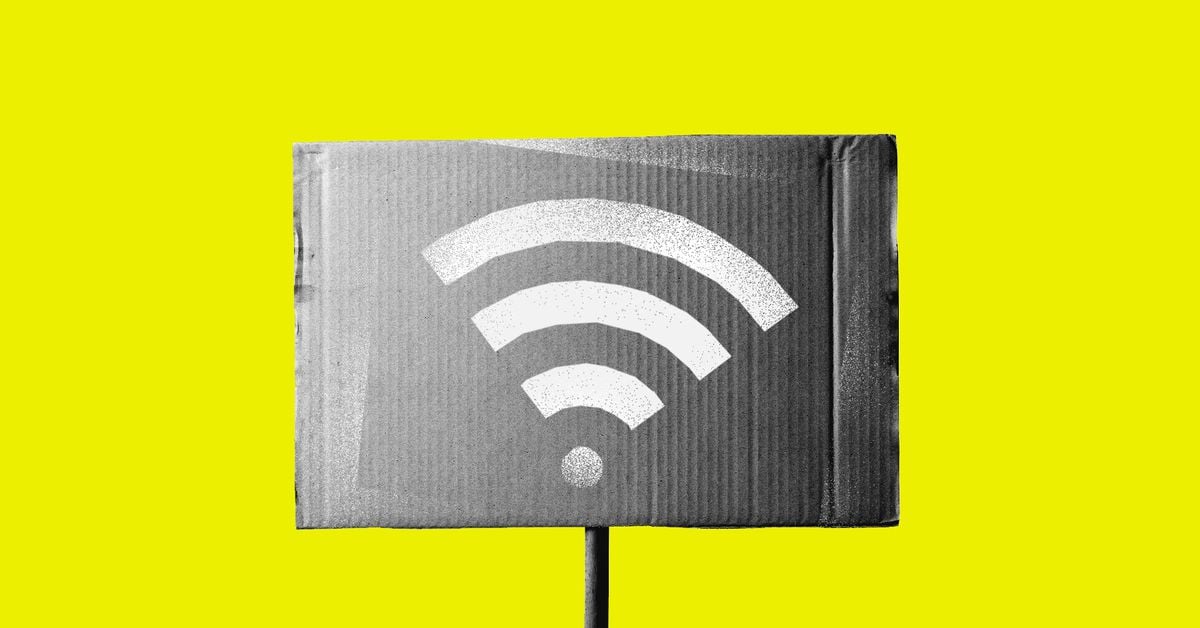A federal appeals court has agreed to halt the reinstatement of net neutrality rules until August 5th, while the court considers whether more permanent action is justified.
It’s the latest setback in a long back and forth on net neutrality — the principle that internet service providers (ISPs) should not be able to block or throttle internet traffic in a discriminatory manner.
The current FCC, which has three Democratic and two Republican commissioners, voted in April to bring back net neutrality. The 3–2 vote was divided along party lines.
Broadband providers have since challenged the FCC’s action, which is potentially more vulnerable after the Supreme Court’s recent decision to strike down Chevron deference — a legal doctrine that instructed courts to defer to an agency’s expert decisions except in a very narrow range of circumstances.
Bloomberg Intelligence analyst Matt Schettenhelm said in a report prior to the court’s ruling that he doesn’t expect the FCC to prevail in court, in large part due to the demise of Chevron.



Yeah this is exactly what free market lunatics on the right don’t understand. Monopoly isn’t a free market. Free markets simply cannot exist without regulation to prevent unfair business practices.
Also any reasonable economist can tell you that the free market does not solve issues like the tragedy of the commons, because negative externalities are not factored in. It is also the government’s job to ‘internalize’ externalities so companies actually see the costs of, for example, polluting our air and water.
TLDR: free market != unregulated market
I respect your reasoning, though I disagree about free markets being better than a democratically managed economy. I think free markets are inherently oppositional to a cooperative society, and that the myth of the commons was invented as a justification for capitalism.